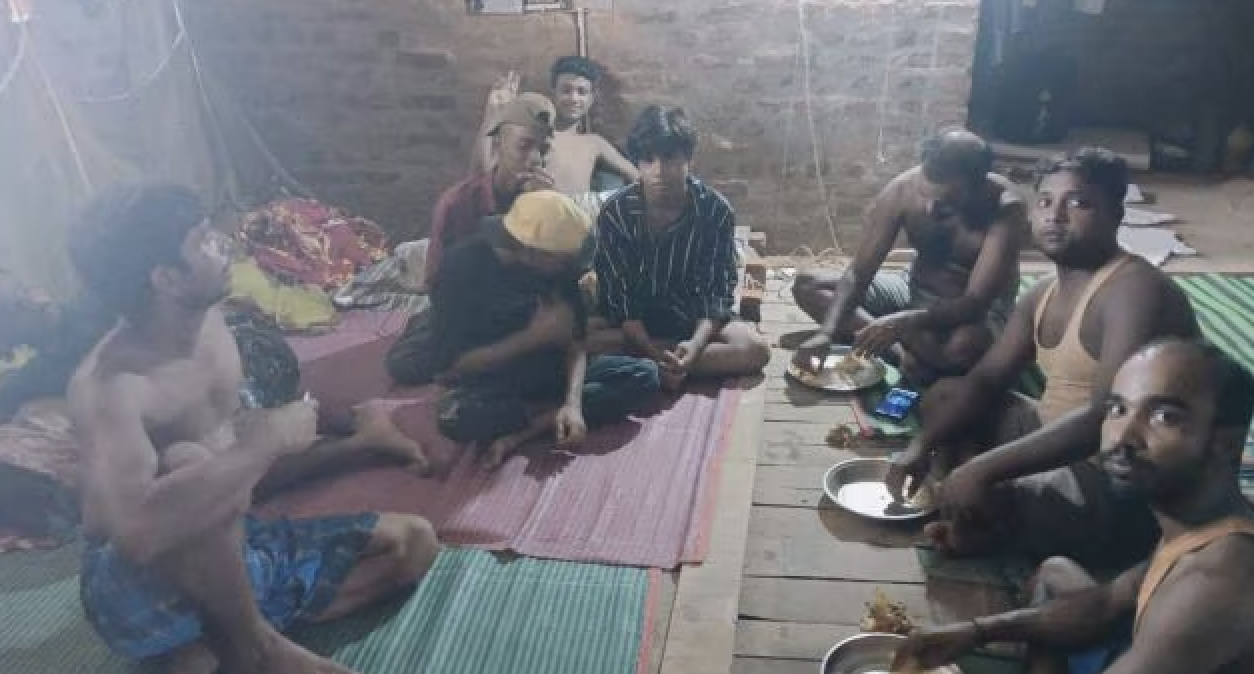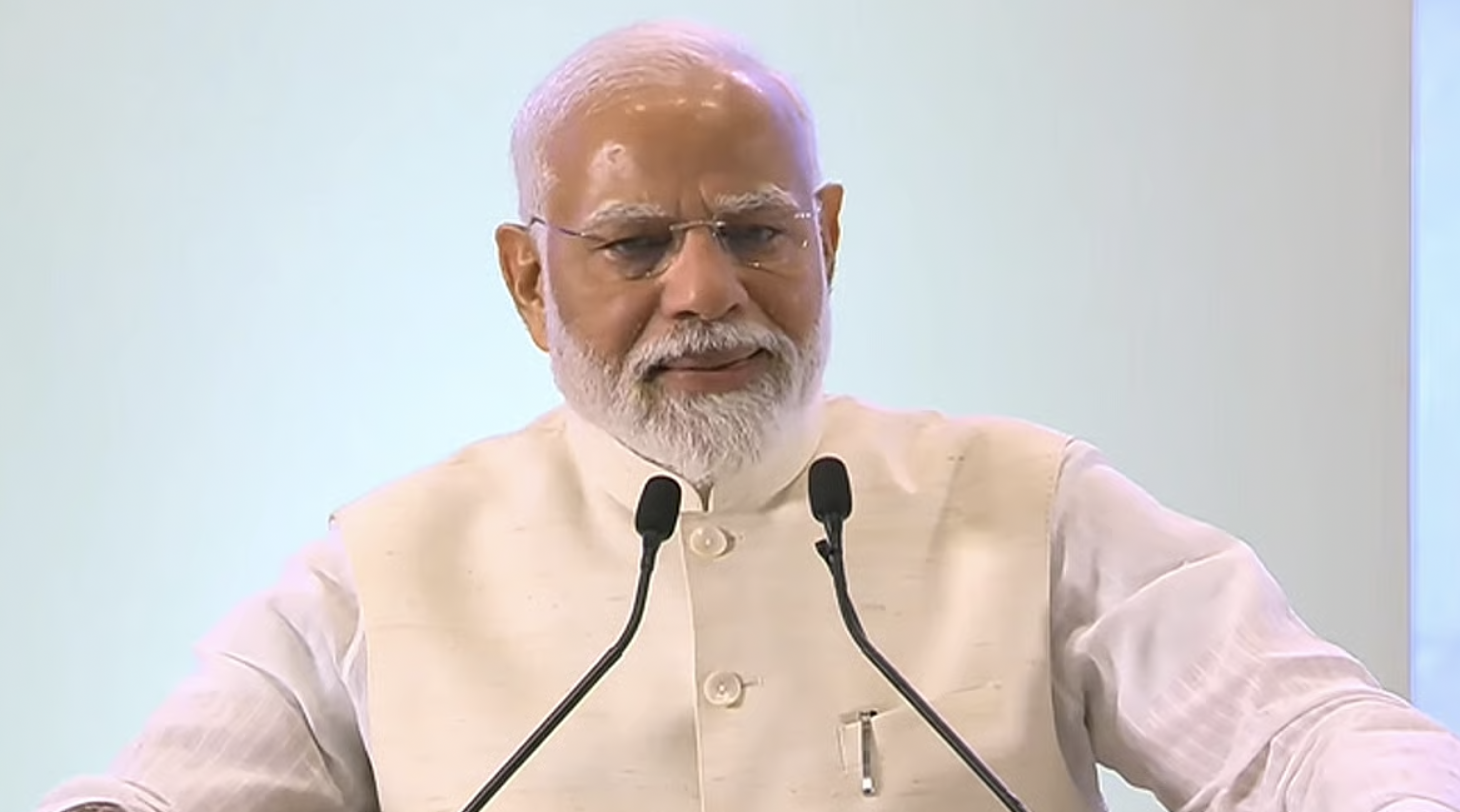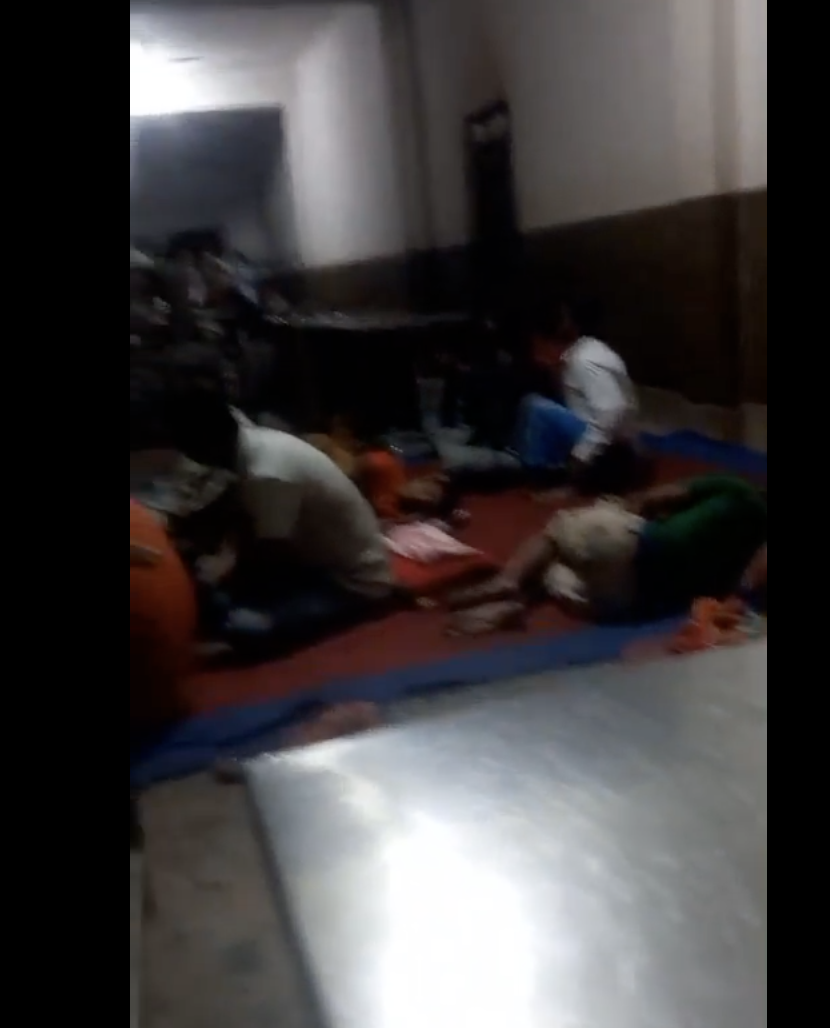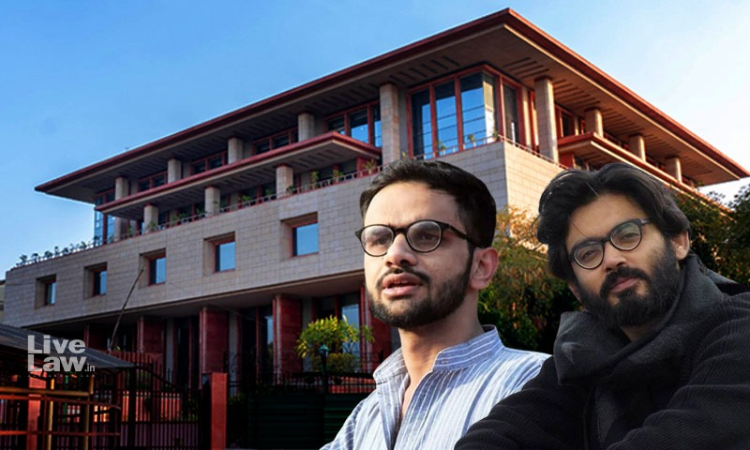My talk will address the accusation of hinduphobia and the use to which it is put, especially in obstructing the movement for recognition of caste discrimination in the UK. What are the forms this accusation takes? When did Hindu groups in the UK begin to claim that they are maliciously targeted for censure? Is there an evidential basis for such claims? Which groups in the diaspora are accused of hinduphobia? I will argue that the notion of hinduphobia is a construction with slippery beginnings but a dangerous reach. It derives its strength from shallow multiculturalist sympathies which thrive on tokenism instead of a genuine understanding of the internal contestations of religious traditions of South Asian diasporic populations.
Hinduphobia is constructed out of a mixed bag of frustrations, aspirations, self-interested belief-choices i.e., choices about what to believe, removed from an evidential base, and a desire to retain a centrist political space that can be used to appeal to both the left and the right according to convenience. Underlying the upsurge in the use of the term since 2014 is also the desire to be seen as worthy of the sympathy and support of human rights activists whose attention is directed towards the global victims of Islamophobia. But a key use of the term ‘hinduphobia’ is linked to the emergence of the public discourse on caste at the global level (Dhanda 2022).
The notion of hinduphobia in the UK was first deployed during the contestations around the addition of caste to the UK Equality legislation. In the run up to UK parliamentary elections in 2015, The Dharma Sewa Purvapaksha (a forum for a common Hindu-Jain-Sikh political voice) produced a flyer picturing the word “caste” branded on the foreheads of a mother and child above the headline, “Why Dharmic Voters need to VOTE for a Conservative Govt.,” and implied that under Labour “every parent and child living today and forever will be branded a casteist.” But this Diwali (Vijaya Dakshmi), Keith Starmer, Leader of the Labour party said “Hinduphobia as with all forms of discrimination has absolutely no place in society.” We know which side he now takes. A leading opponent of the extension of the equality legislation, the National Council of Hindu Temples (NCHT) spokesperson, in a BBC radio discussion in 2017 complained thus: “Without even thinking about what it means, you automatically now gain the reaction ‘dirty Hindus’, that we’re terrible and have savage ideals, that’s what’s automatically invoked whenever you mention caste. It’s not part of our culture and we don’t want it introduced.” That caste is not a part of our culture is simply absurd. But we need to evaluate the deep disturbance caused by our bringing caste into the UK public discourse. Did it really shake the self-confidence of being-Hindu in the diaspora?
This story was originally published in academicfreedomindia.com. Read the full story here






